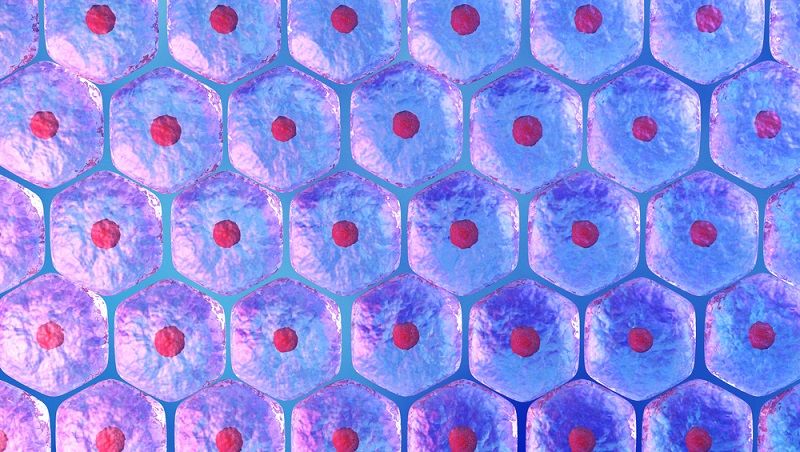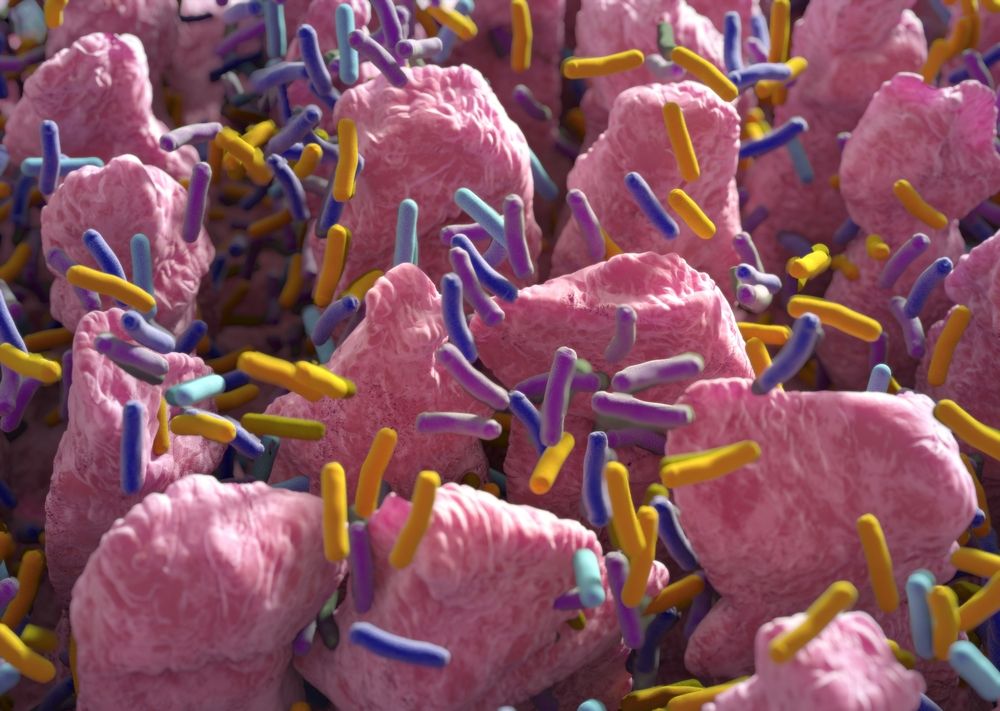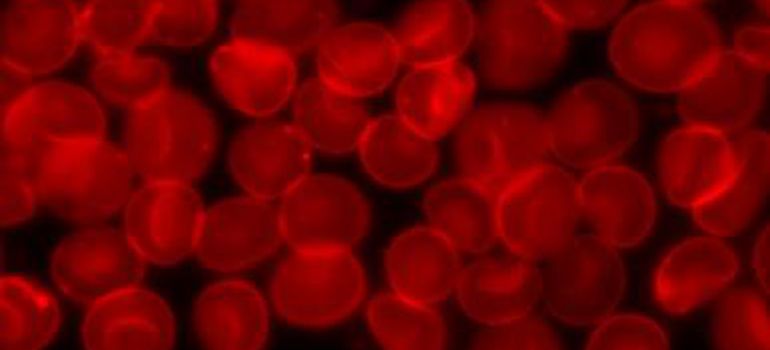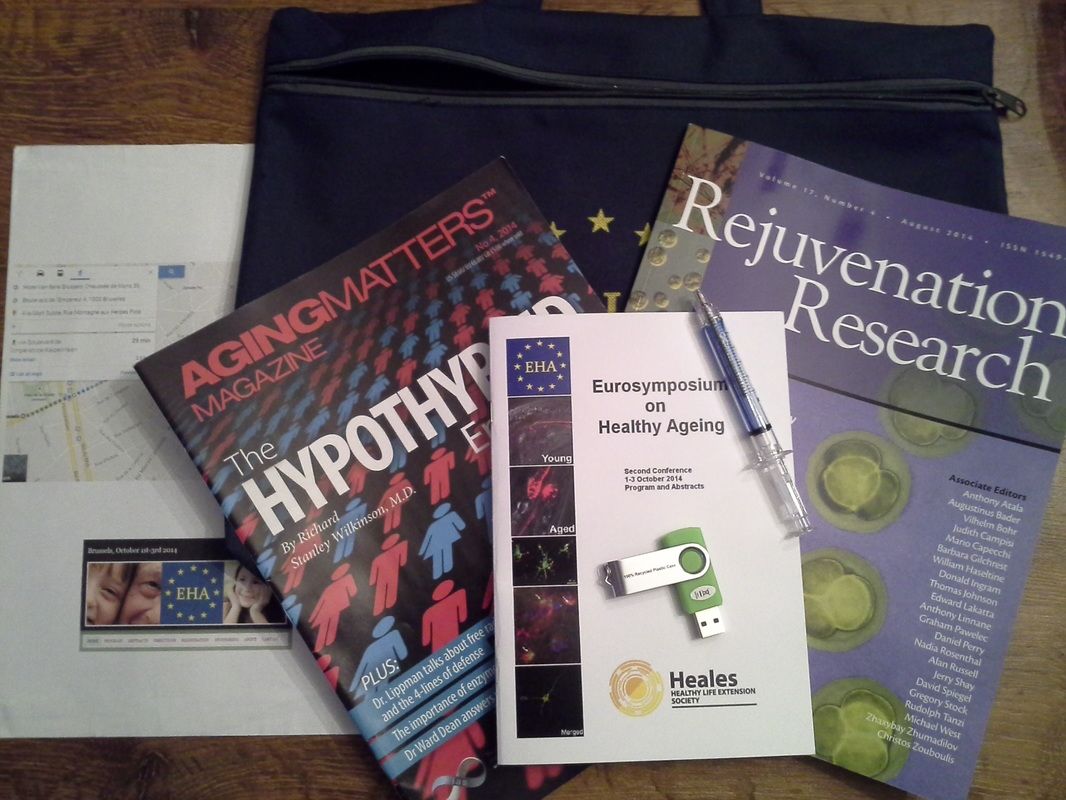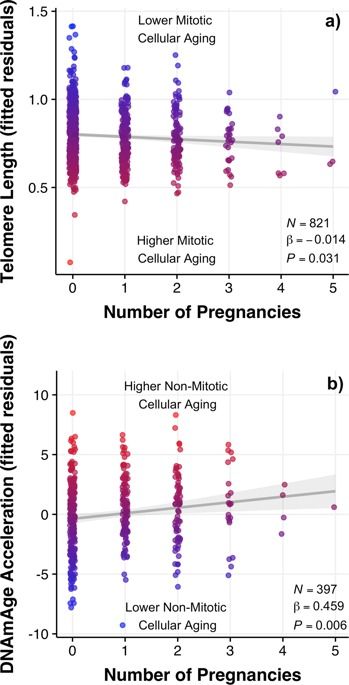Aug 8, 2018
Samumed in $438 Million Deal to Develop Anti-agingTherapies
Posted by Steve Hill in categories: biotech/medical, life extension
Today, we were pleased to hear that Samumed, a San Diego-based biotech company working on regenerative medicine, has just raised $438 million towards developing anti-aging therapies.
SAN DIEGO – August 6, 2018 – Samumed, LLC, announced today that it has closed its A-6 Round of equity issuance with $438 million, bringing its total equity raised to date to more than $650 million. The pre-money valuation for the round was $12 billion.
“We appreciate the strong support from our investors,” said Osman Kibar, Ph.D., Chief Executive Officer of Samumed, “and we are now in a fortunate position to both move our later stage programs to commercialization, as well as expand on our earlier stage science and clinical portfolio.”
